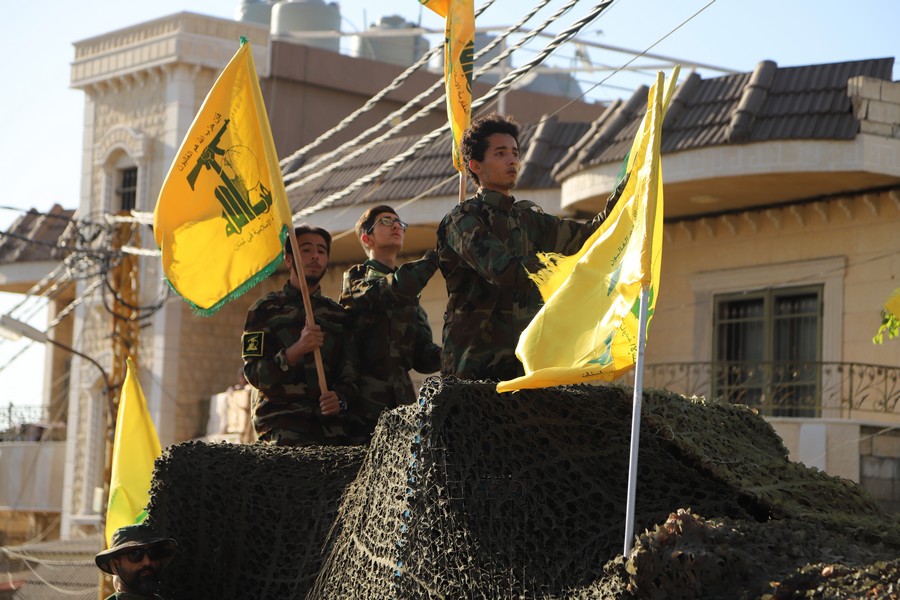Brig. Gen. (res.) Yossi Kuperwasser: Unlike the reality under U.N. [Security Council] Resolution 1701 before the [Swords of Iron/Northern Arrows] war, when we refrained from striking Lebanon, now we strike if the Lebanese Army fails to fulfill its obligations. We will report violations to the monitoring committee, and if they act, excellent. If they do not act, we will act ourselves.
Can this be done 100%? No, because some of these villagers are Hezbollah operatives, and they live in these villages. But it must be insured that there is no Hezbollah presence—in the form of armed Hezbollah operatives—in these places.
The hope is that the Lebanese Army, especially now that there is a new president and a new government in Lebanon, will fulfill its duties. But we have not yet seen a sufficiently effective deployment of the Lebanese Army.
Dr. Yossi Mansharof: The IDF is essentially enforcing the ceasefire without the monitoring mechanism fulfilling its mission or enforcing the ceasefire itself. The Lebanese Army is not addressing the information transferred by the IDF regarding Hezbollah’s presence south of the Litani River. The Americans are determined to continue with this outline, and therefore, it seems that the best Israel can do is reconsider whether it can withdraw from areas it took from Hezbollah, which should be a significant bargaining chip in applying the ceasefire agreement.
Israel is expected to face international, and particularly American, pressure, referring to a statement made by U.S. envoy Amos Hochstein during a recent visit to Beirut, in which he reiterated Washington’s commitment to ensuring the IDF’s full withdrawal by Jan. 26.
Published in JNS, January 17, 2025.




